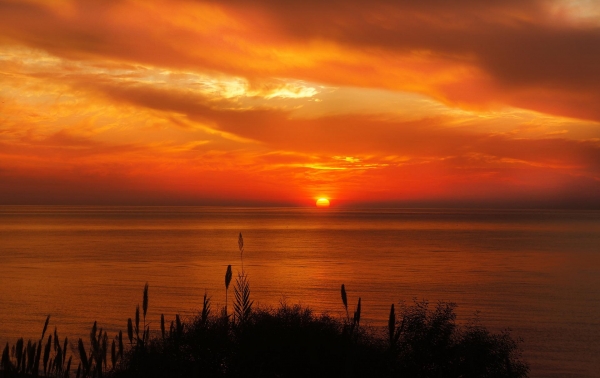New guidance to address irreversible extreme heat, developed by the University of Waterloo's Intact Centre on Climate Adaptation in consultation with over 60 national experts, profiles steps to protect Canadians who may otherwise fall victim to lethal heat.
While urban areas are hotspots of global warming, the report highlights three red zones in Canada that will be hardest hit by extreme heat: valleys between the West Coast and the Rocky Mountains in B.C., prairie communities bordering the U.S, and north of Lake Erie through the St. Lawrence River Valley in Ontario and Quebec.
"Warming and more intense extreme heat will be present for decades to come," said study co-author Joanna Eyquem, managing director of Climate Resilient Infrastructure. "If an extreme-heat event coincided with an extended electricity outage — with no fans or air conditioning running — loss of life could easily jump to the thousands."
Read more at: University of Waterloo
Photo Credit: prunkova via Pixabay


